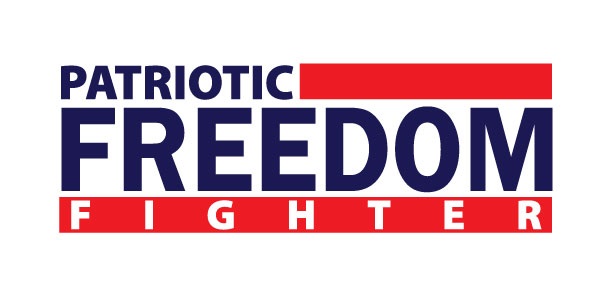The mainstream news media has erupted in rage as Education Secretary Betsy DeVos has proposed rules to require adult students who claim to have been defrauded by a for-profit college or university to prove that this is indeed the case before receiving debt relief from the federal government.
The move is in line with the Education Secretary’s promise to re-write lenient Obama-era guidelines on the issue, and could save the government up to $700 million a year and $13 billion over the course of a decade. Additionally, the new guidelines should not come as a surprise to anyone who has stayed abreast of the news as Ms. DeVos froze Obama-era debt relief guidelines last year and made it clear that she intended to have them re-written.
The new guidelines make a number of important changes to the Obama-era policy of providing debt relief for students who were defrauded by for-profit colleges in various states. First of all, borrowers applying for debt relief would need to either prove that the educational institution in question had intentionally misled them or show that they had fallen into deep financial distress as a result of attending the college or university in question.
What is more, those seeking relief would need to apply and show proof individually instead of doing so as part of a group, something which former president Barack Obama had previously allowed. Ms. DeVos’ new policy also requires applicants to reveal personal information that does not directly pertain to their educational experiences, including drug test results, health concerns and performance evaluations. This information would be used to determine if an applicant’s inability to find a good job is actually the fault of the college or university being accused of misconduct. Educational institutions have the right to respond to claims, providing evidence in their own defense before a final decision is made.
The move to amend the Obama-era guidelines on this issue has been hailed by higher education institutions across the country, including historically black colleges and universities. As many of these institutions have pointed out, the old guidelines were overly board and put educational institutions at risk of being subjected to frivolous claims. Even so, the new guidelines are being decried by just about everyone else.
Student advocates claim that the new rules would make it difficult if not impossible for vulnerable students to obtain relief, even though the Education Department has made it clear that easily obtained evidence such as printed and online advertisements would be accepted forms of evidence against any given university or college. Not surprisingly, Democratic lawmakers have joined the outcry, with one claiming that the new laws would make it possible for schools to cheat student borrowers while still obtaining funding from federal student aid.
As the Department of Education accurately points out, college and university students are adults who should be held responsible for their own decisions. Those who intend to spend tens of thousands of dollars on obtaining a diploma in any given field should research their educational options with care. This is not hard to do for anyone who can get online with a smartphone or computer as the internet contains a wealth of information on just about any degree option and educational institution in the country, making it fairly easy to see if a particular college or university is less than trustworthy.
However, there are those who strongly disagree with the idea of personal responsibility and who seek to blame their woes on others in the hopes of getting a free handout. Such individuals will naturally balk at the idea of having to prove their claims of fraud by providing proof and personal information to back up their claims. At the same time, taxpayers who would rather not see their hard-earned cash given away freely in the form of debt relief will cheer this recent move to require applicants for debt relief to provide required proof in order to obtain a government handout.
While there are certainly unscrupulous educational institutions that are seeking to defraud students and the government should certainly punish such institutions, requiring proof before meeting out punishment is the best course of action for all involved.
~ Patriotic Freedom Fighter
